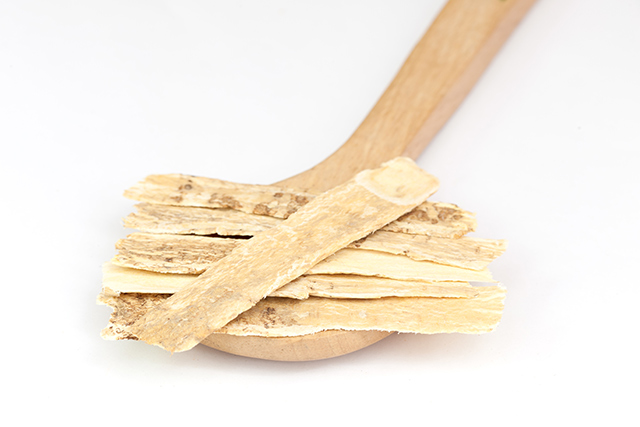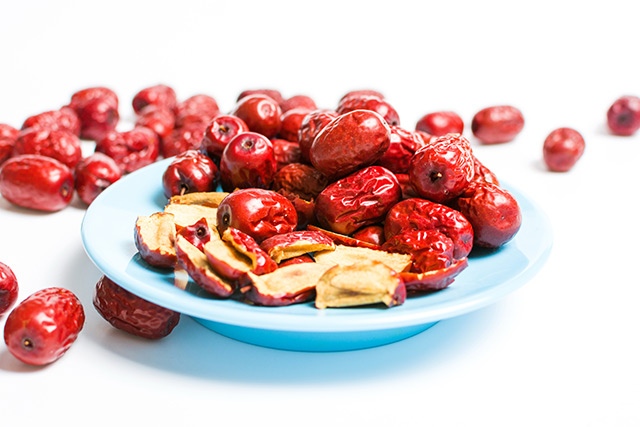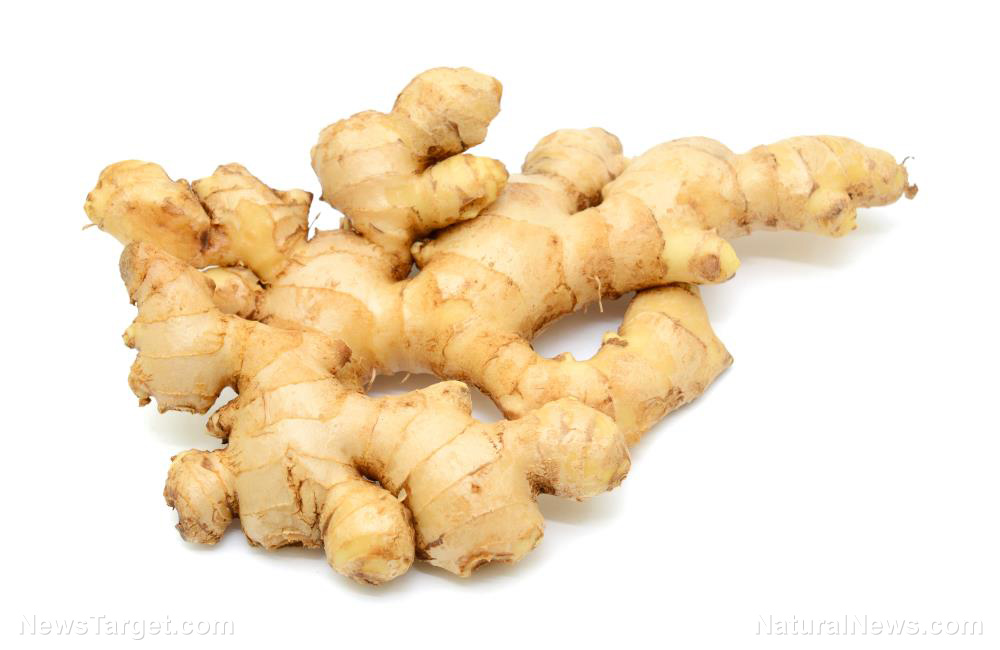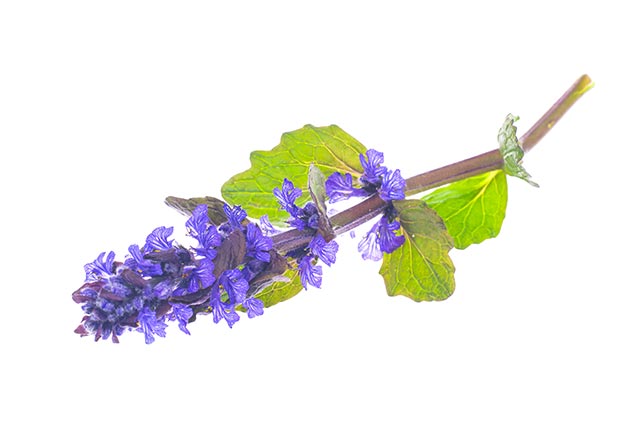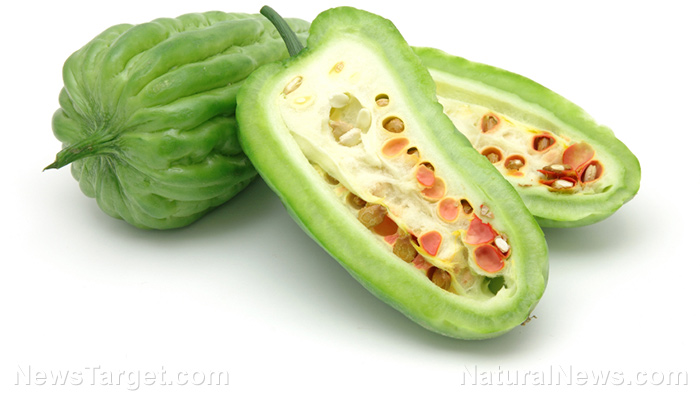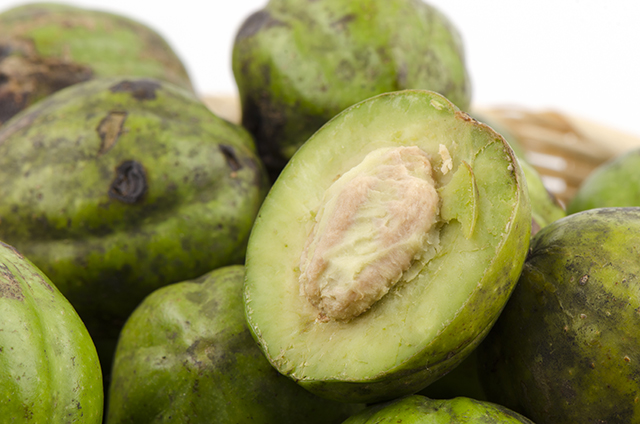Treating gut spasms with mistletoe
09/09/2018 / By Ralph Flores
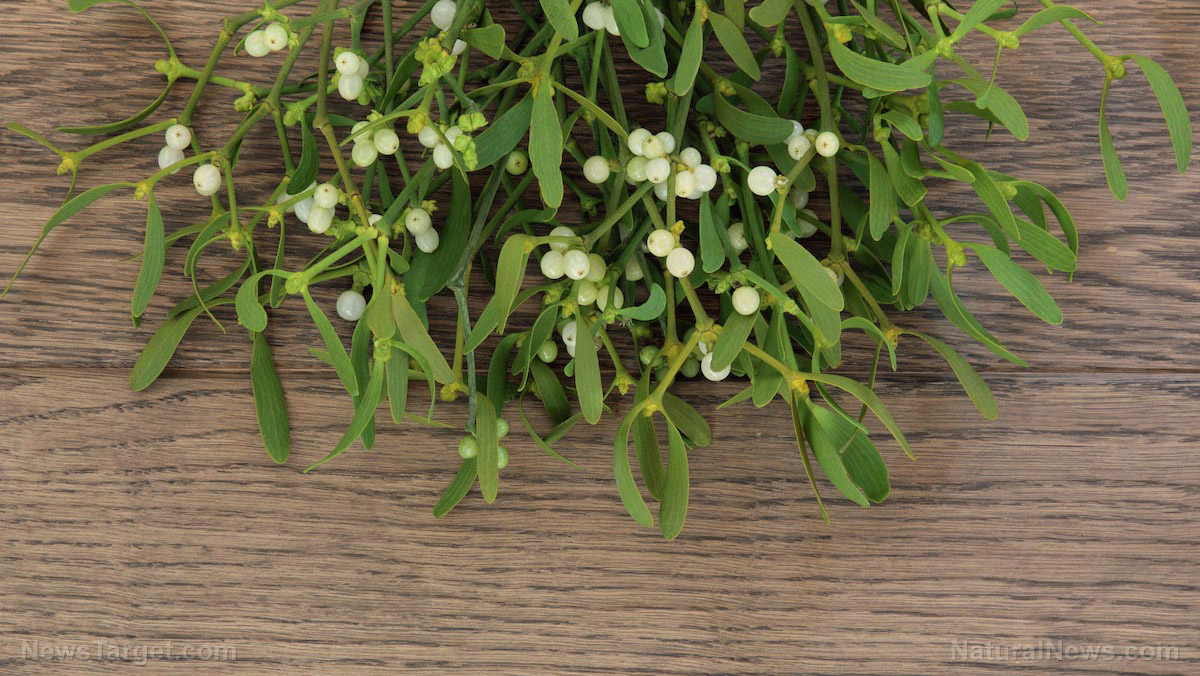
Mistletoe (Viscum album) is popular during the holidays, with people hanging up the plant and kissing under it. However, a study published in BMC Complementary and Alternative Medicine indicates that the popular holiday ornament can do much more than make people come together, what with its ability to treat conditions like colic, hypertension, and diarrhea. In the study, researchers from COMSATS Institute of Information Technology in Pakistan looked at the pharmacological potential of mistletoe extract; in particular, how it affects the smooth muscles of the gut and the blood vessels.
Earlier studies have pointed to the ability of the plant to manage conditions such as a hyperactive gut, as well as cardiovascular diseases, but the mechanisms behind these biological actions have yet to be explored. In the study, researchers focused on the plant’s antispasmodic – that is, its ability to relax smooth muscles in the gut – and vasorelaxant properties.
In the study, the team obtained a crude extract (Va. Cr) and an ethyl acetate fraction (Va. EtAc) from the plant and studied it in vitro. To assess its antispasmodic activity, researchers used an isolated rabbit jejunum, while aortic rings were harvested from rabbit samples to measure the ability of both the extract and the fraction to relax blood vessels. In particular, researchers studied the calcium channel blocking (CCB) property of both. In conventional medicine, CCBs are used as a prescription for lowering blood pressure, relieving chest pain (angina), and relaxing blood vessels.
The findings revealed that both the mistletoe extract and its ethyl acetate fraction exhibited antispasmodic properties, which the researchers attributed to their CCB properties. Va. Cr, in addition, was able to induce partial relaxation to isolated rabbit aorta rings, which indicated a potential to treat hypertension, among other cardiovascular conditions. The vasorelaxant properties demonstrated by the mistletoe plant were comparable to that of verapamil, a common medication used to treat conditions such as hypertension and angina, as well as cluster headaches.
“Thus the current study provides a mechanistic evidence for the medicinal use of V. album in colic, diarrhea, and hypertension,” the researchers concluded their study. “Further studies are needed to investigate the underlying molecular mechanisms.” (Related: Three herbal teas that can aid digestion and treat stomach problems.)
Other natural ways to relieve gut spasms
Fortunately, you don’t need to wait for the holidays to get relief from gut spasms. Here are some easy, natural ways you can find relief in the comfort of your home: Some of these treatments will treat the underlying cause of the condition, while others will relax the muscles to put a stop to the spasms. If you’re pregnant, however, consult with your healthcare professional before starting any treatment.
- Heat – If the spasm is caused by muscle strain or overuse, applying heat to the affected area makes quick work of the condition.
- Massage – Getting the painful body part massaged can help relax the affected area.
- Chamomile tea – Spasms caused by an upset stomach can be eased with chamomile tea. This type of tea also helps with gas.
- Electrolytes – Dehydration can also cause gut spasms, so it’s best to have your electrolytes replenished. However, seek immediate medical attention if dehydration is severe.
- Rest – Cutting back on exercise and resting the stomach muscles can help stop spasms.
Learn of more herbs that can help relieve sore muscles at Herbs.news.
Sources include:
Tagged Under: alternative medicine, colic, diarrhea, fraction, Gut spasm, herbal medicine, Herbs, hypertension, medicinal herbs, mistletoe, natural cures, natural medicine, natural remedies, smooth muscles, spasms, Vasorelaxation, Viscum album



